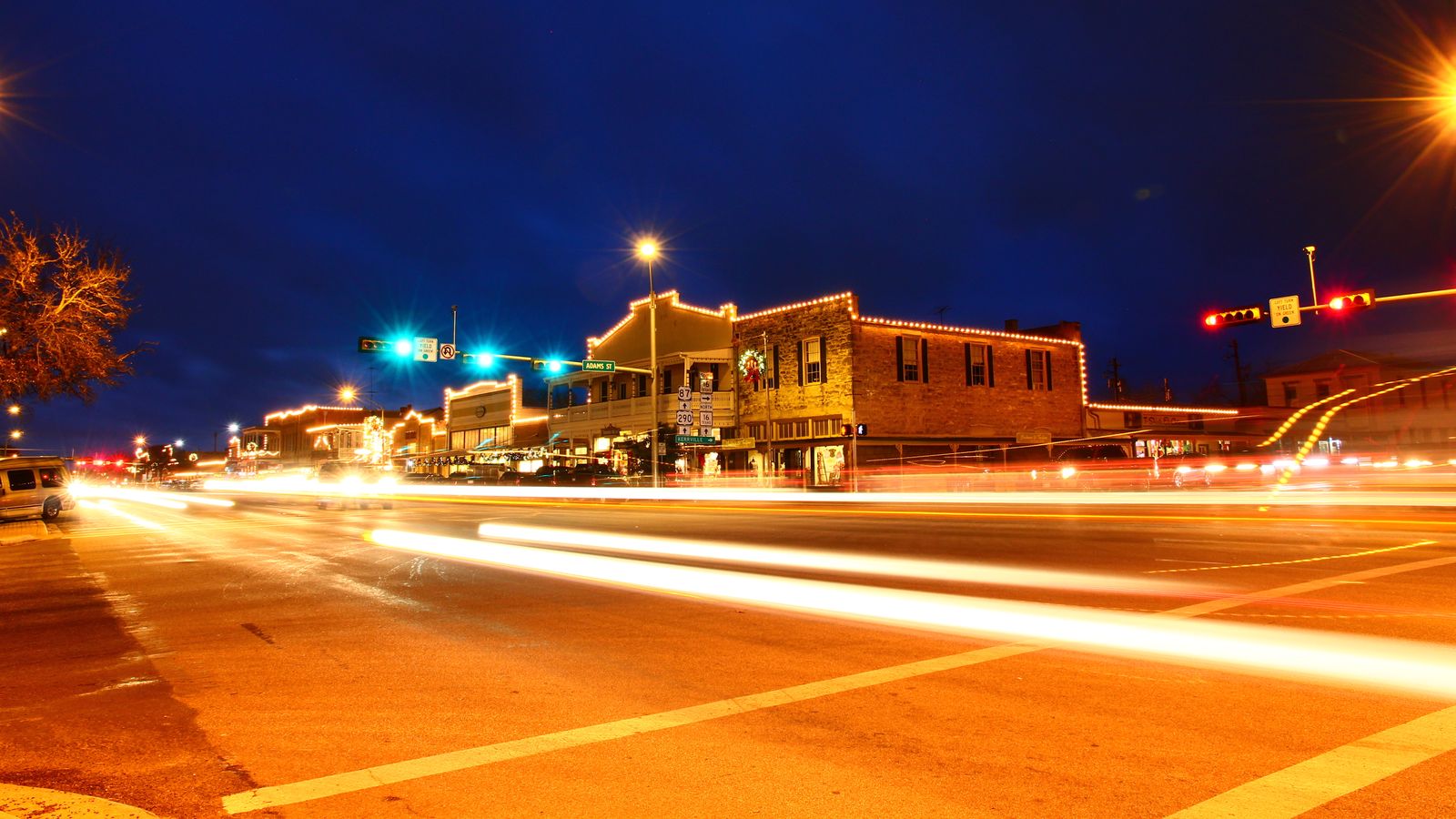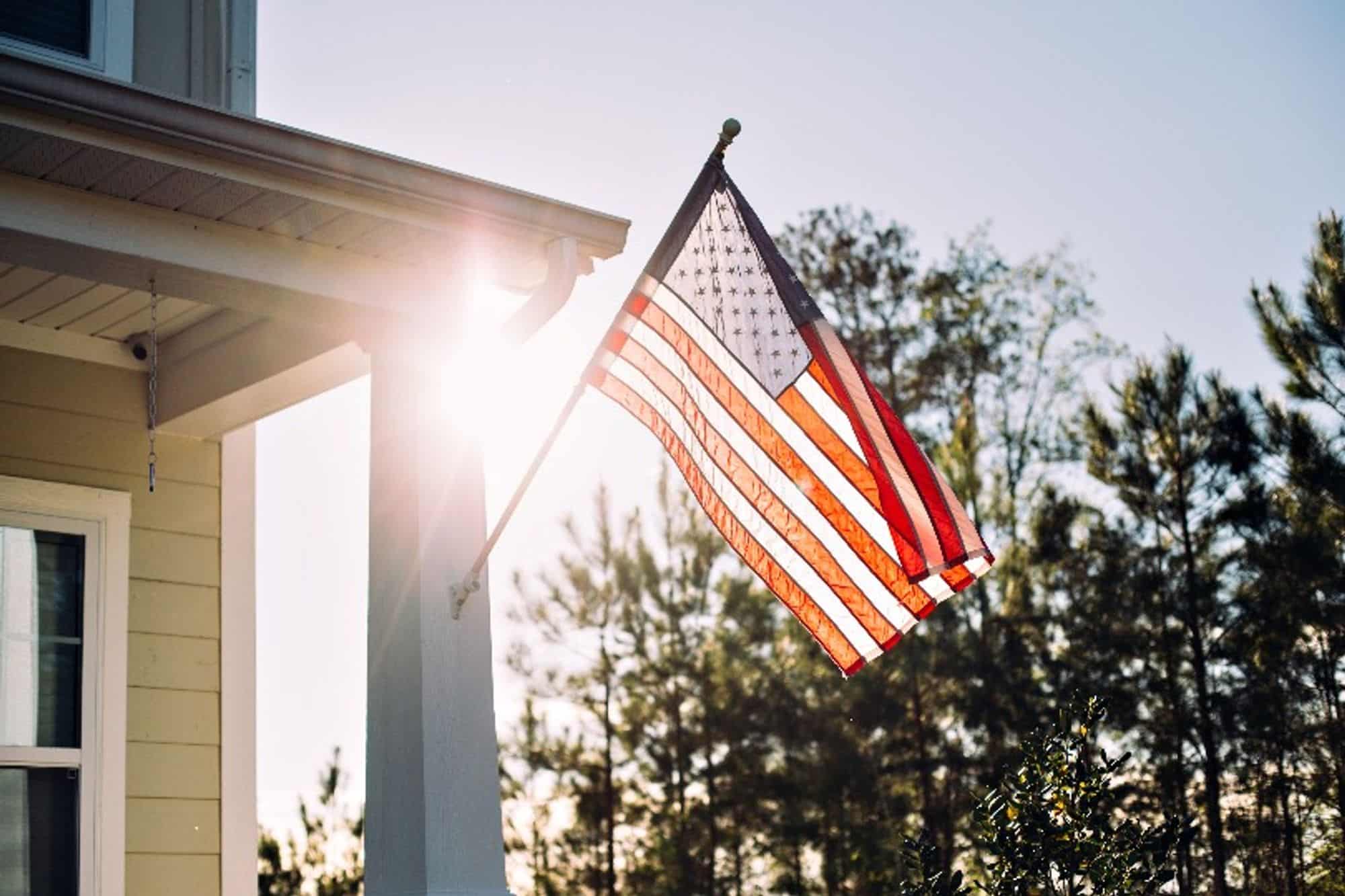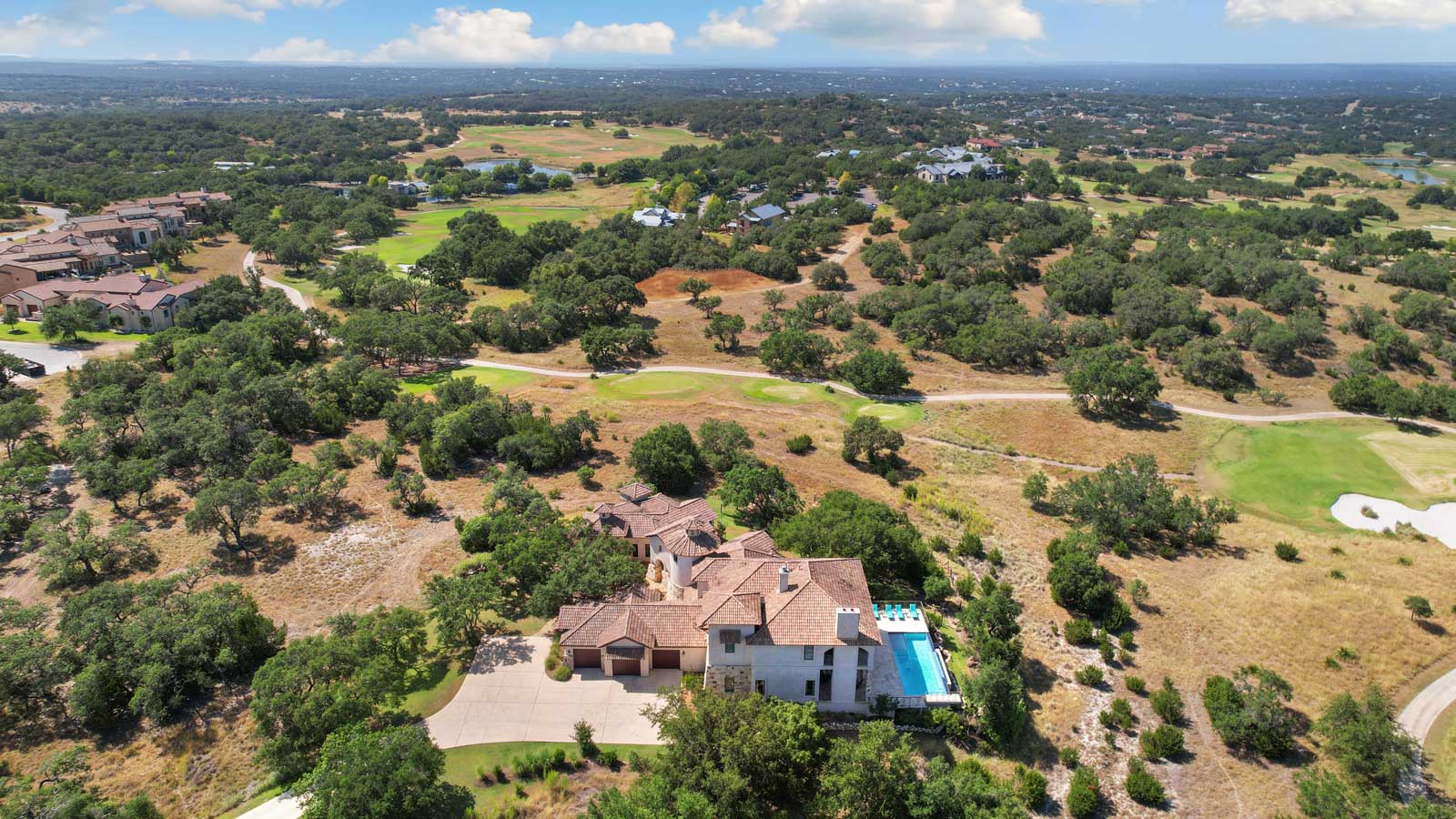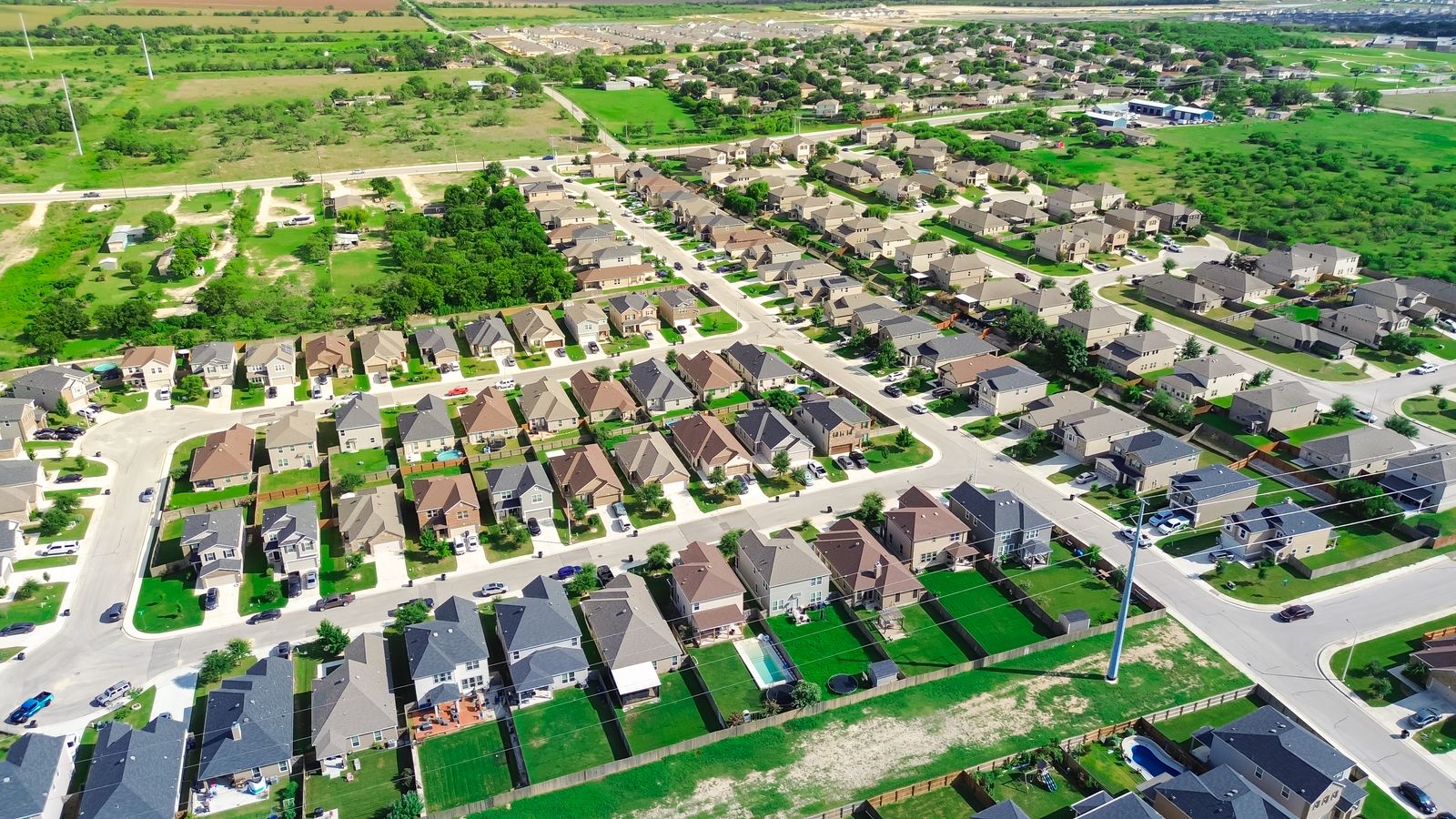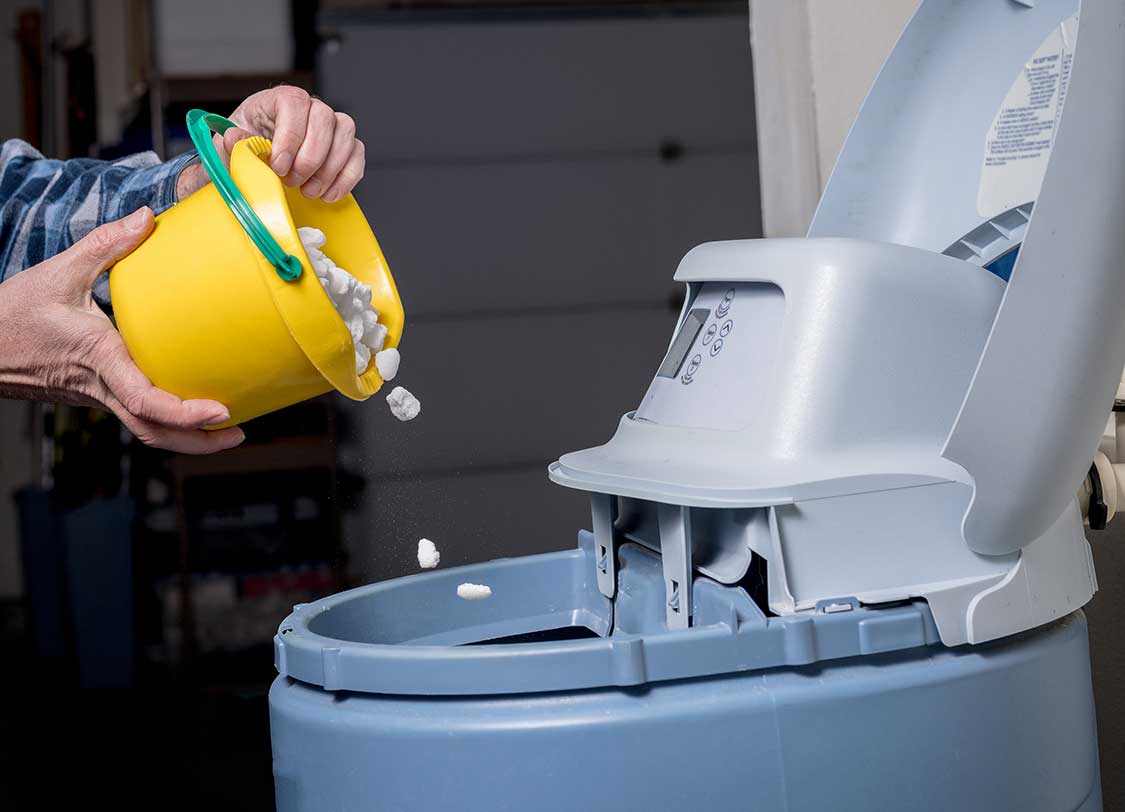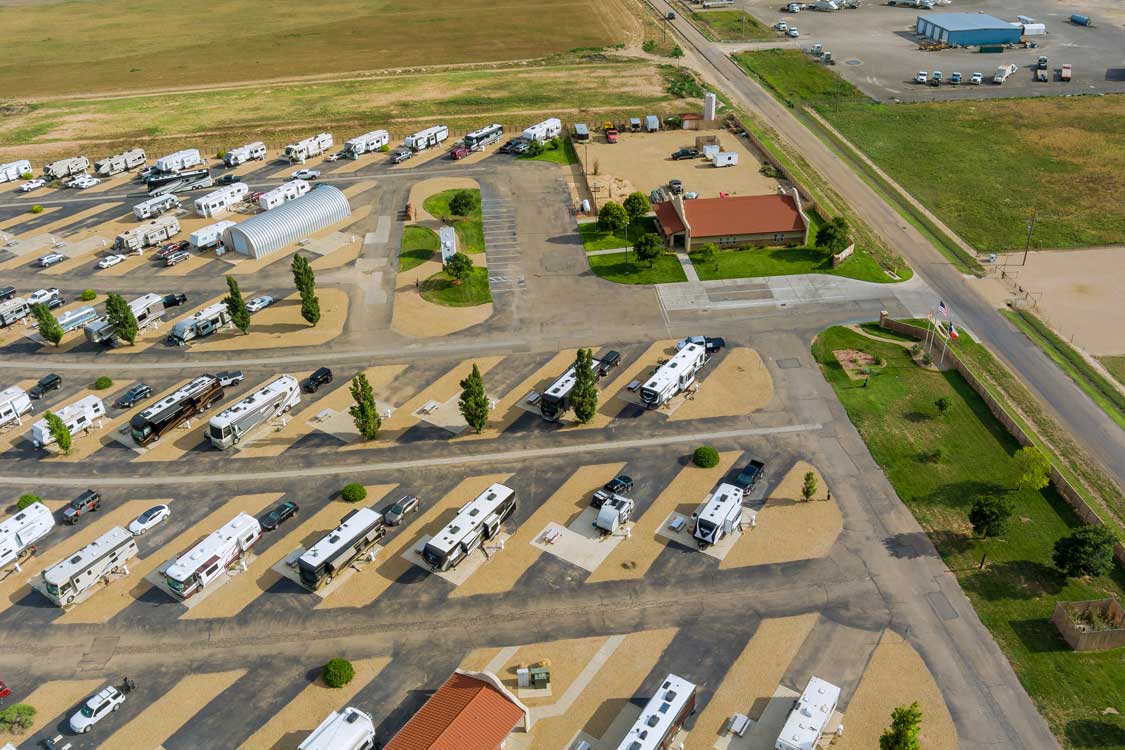In the world of short-term rentals, hot water isn’t a luxury—it’s an expectation. Guests may rave about your Hill Country views or cozy interiors, but a single cold shower can turn a five-star stay into a disappointing one-star review. Water heater problems are one of the fastest ways to lose bookings, especially in towns like Fredericksburg, Kerrville, and Johnson City, where hospitality is part of the local culture.
To protect your property and reputation, here’s what you need to know.
Common Water Heater Problems in Short-Term Rentals
Staying ahead of common water heater issues can save you from panicked messages, late-night plumbing calls, and frustrated guests.
1. Guests Tampering with the Water Heater
Guests mean well, but they don’t always know what they’re doing. And in rentals across the Hill Country, we’ve seen the creative ways short-term guests can inadvertently shut down a perfectly good water heater.
- Unplugged Units: Some guests unplug appliances to “save energy” or eliminate “radiation.” If the water heater’s plug is accessible, it could be targeted.
- Breaker Flipping: When panels are left unlocked, curious guests may toggle breakers randomly. A flipped water heater breaker = no hot water.
- Thermostat Tampering: Adjusting the thermostat or pushing the reset button can trigger lockout mode—a safety feature that requires a pro to fix.
One guest’s curiosity can wreck the next guest’s experience.
2. Overuse Leading to Hot Water Depletion
Even a reliable water heater gets overwhelmed when demand spikes. When guest groups roll in, demand often exceeds capacity.
- Back-to-Back Showers: Large groups tend to shower all at once—either in the morning or after returning from a day out. That can quickly drain the tank.
- Long Showers: Unlike at home, guests may feel no pressure to take shorter showers. Standing under hot water for 20 minutes or more is common, but it leaves little for the next person.
- Appliance Overload: Running the dishwasher, washing machine, and showers all at once pushes the heater beyond its limit. Even high-capacity models can’t always keep up.
To guests, this feels like a broken water heater. But in reality, it’s just overuse.
3. Sediment Buildup Reducing Efficiency
The Texas Hill Country is known for its hard water. Over time, mineral deposits collect inside tank-style heaters. That buildup affects performance in several ways.
- Slower Heating: A layer of sediment between the heating element and the water forces the system to work harder—and slower.
- Less Hot Water: A tank filled with sediment holds less usable hot water. A 50-gallon unit might only deliver 35 gallons once buildup takes over.
- Higher Risk of Damage: Heating elements can overheat when buried under sediment, leading to early failure and even tank damage.
If your guests complain about lukewarm water, sediment is often the root cause.
4. Thermostat or Heating Elements
When the thermostat or heating elements fail, the whole system stops delivering. This is especially common in older or heavily used units.
- Temperature Swings: Showers that start warm and turn cold, or water that comes out scalding hot, are signs something’s off.
- No Hot Water at All: A failed element or broken thermostat can leave a tank full of cold water—despite everything else appearing fine.
- Safety Concerns: If the thermostat no longer regulates correctly, water can overheat. That poses a burn risk and can damage pipes and fixtures.
These are not DIY fixes – only a licensed technician should handle it.
5. Pilot Light Issues in Gas Water Heaters
Gas water heaters rely on a steady pilot flame to stay functional. When that flame goes out, so does the hot water.
- Extinguished Flame: Strong drafts, clogged intakes, or wear can put the flame out. Without it, the system won’t heat water.
- Bad Thermocouple: This tiny sensor keeps the gas valve open. If it fails, the pilot won’t stay lit no matter how many times someone tries.
- Gas Supply Interruptions: Closed valves or service disruptions from the gas provider can shut the heater down completely. Guests won’t know what to do—and definitely shouldn’t try fixing it themselves.
We receive more no-hot-water calls from gas units with pilot issues than just about anything else.
Impact on Guest Satisfaction and Your Property
Water heater issues might seem minor compared to other systems, but for guests, they can be a dealbreaker.
- Poor Reviews: Guests expect hot water—it’s non-negotiable. A cold shower usually leads to negative feedback on platforms like Airbnb, Vrbo, or Google.
- Lost Revenue: Some travelers read reviews carefully. One hot water issue can make your listing less competitive.
- Costly Fixes: Weekend emergency plumbing calls are expensive. So are refunds, hotel reimbursements, or goodwill gestures to appease unhappy guests.
- Safety Liability: Guests fiddling with breaker panels or trying to relight pilot lights can create dangerous situations.
Reliable hot water directly affects guest satisfaction and your rental’s reputation.
Preventing Water Heater Problems in Your Rental
Avoiding disruptions starts with proactive care and smart planning.
Regular Maintenance
Routine care prevents almost every issue we’ve listed.
- Annual Inspections: Once a year, have a licensed technician check the system. We look for warning signs like corrosion, weak parts, or inefficiency.
- Flush the Tank: Clearing out sediment helps restore performance. In places like Blanco and Llano, where water is especially hard, flushing may be needed more often.
- Swap Out Worn Parts: Replacing small components—like thermostats or heating elements—before they break helps avoid emergency repairs.
Think of it like servicing your car. A little routine work prevents bigger problems later.
Secure Access to Critical Systems
Prevent accidental shutdowns or tampering by managing what guests can reach.
- Lock the Breaker Panel
- Restrict Access to the Water Heater
- Use Tamper-Proof Covers or Signage
Some STR owners in Stonewall and Bandera have added small “System Professionally Managed – Please Do Not Adjust.” signs, which help stop curious guests from experimenting.
Provide Clear Instructions for Guests
Most guests are happy to follow house rules—they just need to know them.
- Include Details in the House Manual: Add a section explaining what should be left alone.
- Friendly Signage: Place small signs near key appliances with short reminders that the system is professionally managed.
- Mention It During Check-In: Let guests know the water heater is already optimized and doesn’t need any adjustments.
Small steps here mean fewer late-night texts about cold showers.
When to Call a Pros at 72 Degrees Texas
Water heater repairs should never be a guessing game. When something stops working, calling a licensed expert is the safest option.
- Legal and Safety Risks: Tinkering with gas lines or electrical parts without proper training can be dangerous and may break local building codes.
- Warranty Issues: Most manufacturers void warranties if unauthorized work is done—even small fixes.
- Bigger Problems: Trying to fix the wrong thing can lead to leaks, shorts, or complete system failure.
If something seems off—noises, odors, leaks, or lukewarm water—call us before the next check-in.
Ensure Guest Comfort with 72 Degrees Texas
At 72 Degrees Air Conditioning, Heating, and Plumbing, we understand the pressure short-term rental owners face. When a guest is uncomfortable, your reputation and revenue are on the line. That’s why STR owners across the Texas Hill Country rely on us to keep hot water running, systems protected, and problems off their plates.
Our team is:
- Licensed and Local: Ready to help in Fredericksburg, Comfort, Johnson City, and nearby.
- Proactive: Routine checks and sediment flushes tailored to Hill Country water quality.
- Responsive: Emergency service when you need it most—weekends, nights, and holidays.
Protect your ratings. Support your guests. Book with 72 Degrees Texas at (830) 468-5316 to make sure your guests stay warm, clean, and happy.

